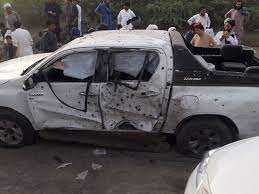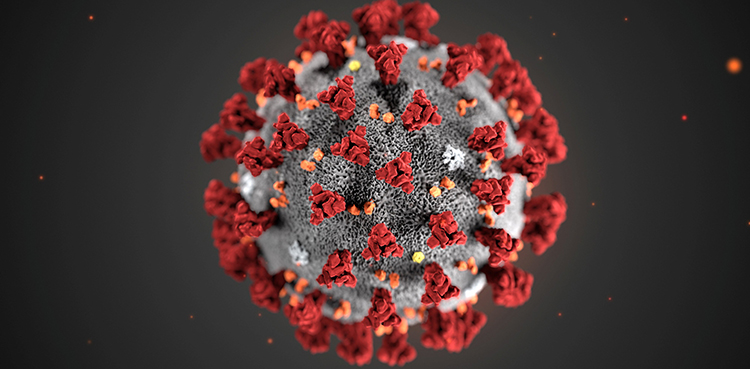Chief of Army Staff (COAS) General Asim Munir on Friday addressed the impact of technology in spreading false information, reiterating that unrestricted freedom of speech was “contributing to the degradation of moral values in all societies.”
Gen Munir was speaking on the topic of “Pakistan’s role in peace and stability” at the Margalla Dialogue 2024 in Islamabad, organised by the Islamabad Policy Research Institute (IPRI).
According to a statement issued by state broadcaster PTV on X, the army chief said, “Unrestricted freedom of speech is leading to the degradation of moral values in all societies.”
He said that while technology had played an important role in the dissemination of information, “the spread of misleading and incorrect knowledge was a major challenge”.
“Without comprehensive laws and regulations, false and misleading information, and hate speech will continue to destabilise political and social structures,” he said.
Today’s statement was the latest in a long line of warnings from the army chief and the military about the dangers of misinformation, that particularly spreads through social media posts.
During his speech, Gen Munir also talked about how violent non-state actors and state-sponsored terrorism had become major global challenges.
“Terrorism is a common challenge for all humanity globally, and Pakistan has an unwavering commitment to the fight against terrorism,” he said.
He also stated that a robust border management system had been implemented to secure Pakistan’s border with Afghanistan against Fitna al Khawarij, who he said was “home to all the terrorist organisations and proxies of the world”.
In July, the government, through an official notification, designated the banned Tehreek-i-Taliban Pakistan (TTP) as Fitna al Khawarij, while mandating all institutions to use the term khariji (outcast) when referring to the perpetrators of terrorist attacks on Pakistan.
The country has lately witnessed a sharp uptick in the number of attacks targeting security forces, other law enforcement agencies, and security checkpoints, particularly in Balochistan and KP.

















































